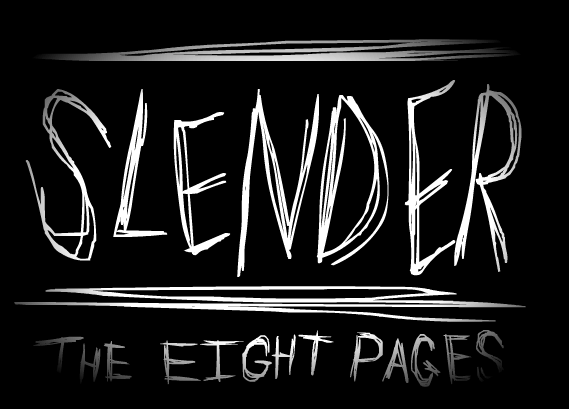
Influencers will say they received “early access” or that they “partnered with” or were simply given a product. This is a confusing practice you see regularly on social media. “In some cases, the influencers disclosed only that they had received early access to Shadow of Mordor, but failed to disclose that Warner Bros. The press release also pointed out that including disclosures in the info box made it impossible for consumers to know about the paid sponsorship when they viewed the videos on external networks like Twitter or Facebook.Ģ. also required other information to be placed in that box, the vast majority of sponsorship disclosures appeared ‘below the fold,’ visible only if consumers clicked on the ‘Show More’ button in the description box.” instructed influencers to place the disclosures in the description box appearing below the video. Three practices, in particular, were called out by the FTC:ġ. It’s also a sign that influencer marketing appears to be more in the crosshairs of the FTC than native advertising from traditional publishers. PewDiePie is perhaps the most famous internet celebrity, and by targeting a campaign that used his channel, the FTC seems to be sending out a signal to influencers and advertisers across the social media landscape. The ruling is the most high-profile sign to date that the FTC is cracking down on native advertising. “deceived consumers” and failed to “adequately disclose” the paid nature of the sponsorship. In the complaint, the FTC alleges Warner Bros. for a paid influencer campaign that included a video posted by PewDiePie. Today, the Federal Trade Commission announced that it has settled its complaint with Warner Bros.

did back in 2014 when it paid PewDiePie, along with other famous YouTubers, to play Middle Earth: Shadow of Mordor. The problem? They sometimes have trouble disclosing it.

Video game studios are more than willing to pay for that famous PewDiePie bump. Previously obscure games like Happy Wheels, Amnesia: The Dark Descent, and Slender: The Eight Pages can attribute their viral success in large part thanks to PewDiePie’s wildly popular play-through videos. So suffice it to say, when PewDiePie plays your game, it’s like winning the jackpot. No one in the traditional games media industry even comes close: He has almost 40 million more subscribers than IGN, the most popular game site on the platform.

His channel is the largest on YouTube by a large margin: Second place, HolaSoyGerman, has 28 million subscribers. With 46 million YouTube subscribers, PewDiePie is arguably the most powerful individual force in the gaming industry.


 0 kommentar(er)
0 kommentar(er)
